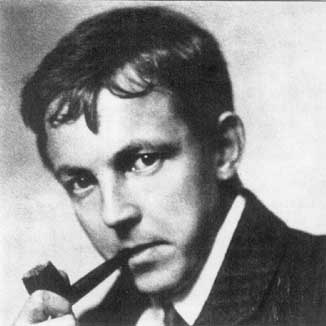A mathematician, like a painter or poet, is a maker of patterns. If his patterns are more permanent than  theirs, it is because they are made with ideas.
theirs, it is because they are made with ideas.
Reductio ad absurdum, which Euclid loved so much, is one of a mathematician's finest weapons. It is a far finer gambit than any chess play: a chess player may offer the sacrifice of a pawn or even a piece, but a mathematician offers the game.
He [Ramanujan] could remember the idiosyncrasies of numbers in an almost uncanny way. It was Littlewood who said that every positive integer was one of Ramanujan's personal friends. I remember once going to see him when he was ill at Putney. I had ridden in taxi cab number 1729 and remarked that the number seemed to me rather a dull one, and that I hoped it was not an unfavorable omen. "No," he replied, "it is a very interesting number; it is the smallest number expressible as the sum of two cubes in two different ways."
I still say to myself when I am depressed and and find myself forced to listen to pompous and tiresome people "Well, I have done one thing you could never have done, and that is to have collaborated with Littlewood and Ramanujan on something like equal terms."
I am obliged to interpolate some remarks on a very difficult subject: proof and its importance in mathematics. All physicists, and a good many quite respectable mathematicians, are contemptuous about proof. I have heard Professor Eddington, for example, maintain that proof, as pure mathematicians understand it, is really quite uninteresting and unimportant, and that no one who is really certain that he has found something good should waste his time looking for proof.